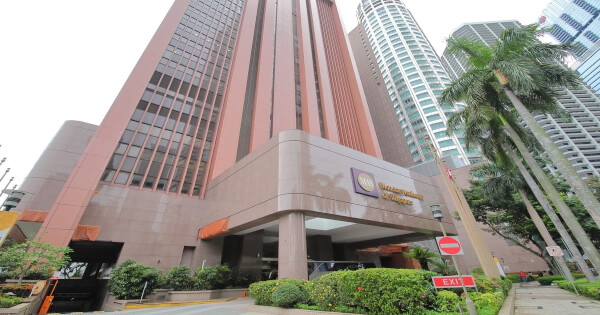On December 4, the Singapore government revealed its ambitious National AI Strategy 2.0, an evolution of its first AI strategy introduced in 2019. This updated strategy delineates a comprehensive roadmap for the next 3-5 years, aiming to position Singapore at the forefront of AI innovation and application.
The revised strategy emphasizes a threefold approach, targeting crucial societal aspects: activity movers, people and communities, and infrastructure and environment. It’s a systemic endeavor involving 10 levers and 15 action measures to effectively orchestrate the AI ecosystem.
Central to this strategy is the significant expansion of AI talent. Singapore plans to increase its pool of AI practitioners to 15,000, a more than threefold rise. This ambitious goal is supported by enhanced AI training programs, the AI Apprenticeship Programme, and collaboration with industry AI teams. The government also plans to attract global AI talent, fostering a vibrant, innovation-centric AI community within Singapore.
A novel addition to the strategy is the establishment of an ‘iconic’ AI site, designed to be a hub for AI creators and practitioners. This site will not only serve as a physical space for collaboration but also symbolize Singapore’s commitment to becoming a global AI leader.
Acknowledging the rapid advancements in AI, especially in generative AI, Singapore’s Deputy Prime Minister, Lawrence Wong, highlighted the transformative potential of AI systems equipped with agency and transactional abilities. The strategy reflects an understanding that AI will fundamentally change societal structures and ways of life, necessitating a proactive and forward-looking approach.
The strategy recognizes the global competition for AI resources and the need for responsible development and deployment. It aims to position Singapore as a pace-setter in AI, balancing innovation with the creation of a regulatory environment conducive to ethical and sustainable AI development.
NAIS 2.0 represents a shift from specific AI projects to a more systemic integration of AI across various sectors. The strategy outlines 15 actions across domains like industry, research, infrastructure, regulatory environment, and international partnerships. These actions target the development of ‘peaks of excellence’ in AI and empowering businesses and individuals to confidently utilize AI.
The government’s commitment extends to significant investments in adult education and training, aiming to reskill and upskill workers for a future intertwined with AI. This is complemented by efforts to increase high-performance computing power and access to data, and the development of privacy-enhancing technologies for secure data sharing.
The unveiling of NAIS 2.0 coincided with the inaugural Singapore Conference on AI, which brought together over 40 experts. This event underscores Singapore’s dedication to shaping a global discourse on AI and its applications.
Image source: Shutterstock








